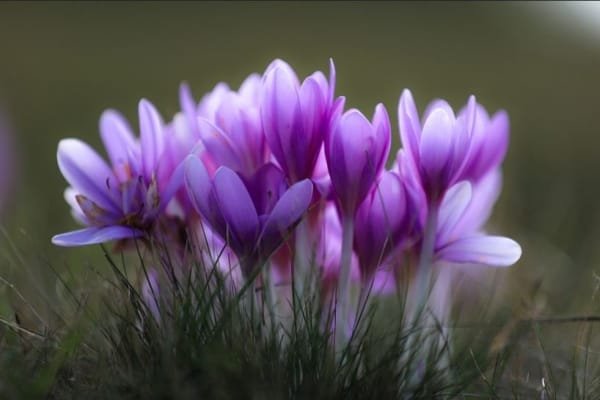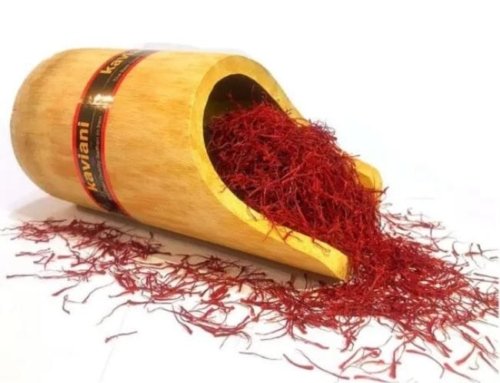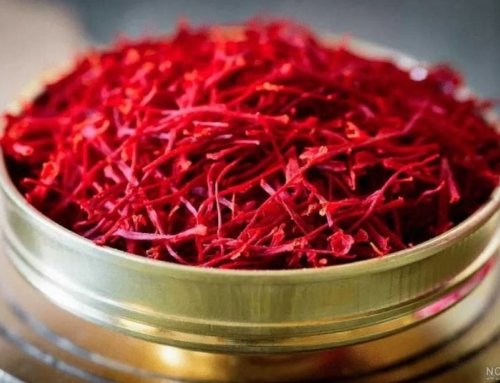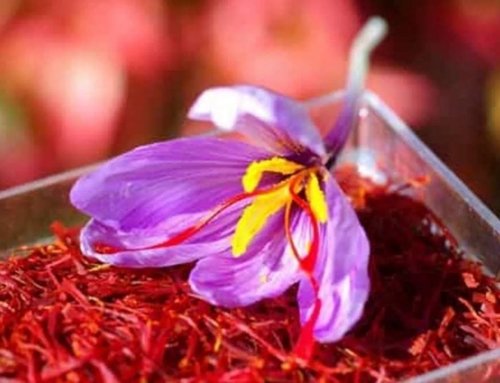 Saffron Irrigation Timing: A Complete Guide
Saffron Irrigation Timing: A Complete Guide
Saffron is a delicate and valuable spice that requires careful attention during cultivation, especially when it comes to irrigation. Knowing the precise timing and frequency of irrigation plays a key role in ensuring optimal growth and production. In this article, we will explore the crucial stages of saffron irrigation and provide essential tips for successful cultivation. Let’s get started!
What is the Right Time to Irrigate Saffron?
The timing and frequency of saffron irrigation depend on several factors, including the local climate, soil type, and the growth stage of the plant. Typically, saffron requires 400 to 500 millimeters of water across four main irrigation stages:
The Four Stages of Saffron Irrigation
First Irrigation: Pre-Planting Watering
The first irrigation occurs right after planting the saffron bulbs. Depending on the region’s climate, it’s important to irrigate the soil at the right time. In cold climates, watering should happen in late September or early October. In warmer areas, watering may be delayed until mid-October. Timing this stage correctly is crucial as early watering can lead to early blooming, causing difficulties during harvest.
Second Irrigation: After Blooming
The second irrigation occurs 15 days after blooming ends. The timing of this irrigation depends on the climate of the region. For cold climates, early November is the ideal time; for temperate regions, mid-November; and for hot climates, late November is optimal.
Third Irrigation: Weed Control
The third stage, also known as the weed control irrigation, happens around early February. This irrigation helps to remove weeds from the saffron field and makes weeding easier. If the region has had substantial rainfall, this irrigation step may not be necessary.
Fourth Irrigation: Late Spring
The final irrigation occurs in spring when the saffron leaves are yellowing. This final irrigation helps enhance the quality of the bulbs. Organic fertilizers or fungal sprays may be used in combination with the irrigation at this stage.
Important Considerations for Saffron Irrigation
Soil Moisture
Saffron thrives in well-drained soil with moderate moisture. It’s essential to monitor soil moisture levels between waterings to ensure that the soil retains optimal moisture without becoming waterlogged.
Drip Irrigation for Saffron
If possible, drip irrigation is the most efficient method to irrigate saffron, as it delivers water directly to the plant’s roots, reducing evaporation. Drip systems are the most suitable for saffron fields and include perforated pipes or drippers that deliver water close to the plants.
Rainfall Impact on Irrigation
In regions with high rainfall, the need for irrigation is reduced, and saffron plants should be irrigated only when necessary. Over-irrigation during rainy periods can lead to waterlogging, which can negatively affect the quality of the saffron bulbs.
Water Quality
The water used for irrigation should be clean and free from contaminants, as polluted water can degrade the overall quality of the saffron. If clean water is not available, water purification is crucial. Various methods, such as filtration or reverse osmosis, can be used to improve the quality of irrigation water.
Water Purification Techniques for Saffron Irrigation
Purification methods play an important role in improving the water quality used for saffron irrigation. Here are a few common methods:
- Filtration: This method removes impurities and particles from water by passing it through a filtration system.
- Chlorination: Chlorine is used to disinfect the water and prevent microbial growth.
- Reverse Osmosis: Through this method, impurities are removed from the water by forcing it through a semipermeable membrane.
- Biological Filtration: This technique utilizes microorganisms to break down and remove organic contaminants in the water.
Conclusion: Ensure Healthy Saffron Harvest
In this article, we’ve covered the critical timing of saffron irrigation and other essential factors that affect the plant’s health and yield. Effective irrigation plays a pivotal role in producing high-quality saffron, so we recommend following the tips outlined above. If you have any questions or suggestions, feel free to leave a comment below!
- saffron irrigation tips
- saffron cultivation guide
- saffron farming tips
- how to grow saffron
- watering saffron plants
- saffron bulb care


![Exporting Saffron to Turkey + Price Guide [Complete 0 to 100]](https://www.rowhanisaffron.com/wp-content/uploads/f1-372-500x383.jpg)




Get Social